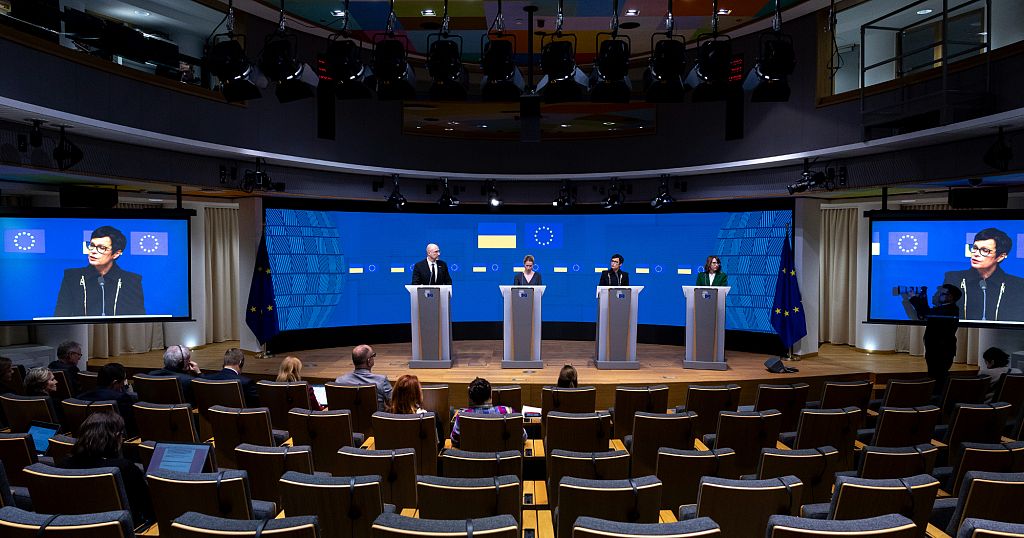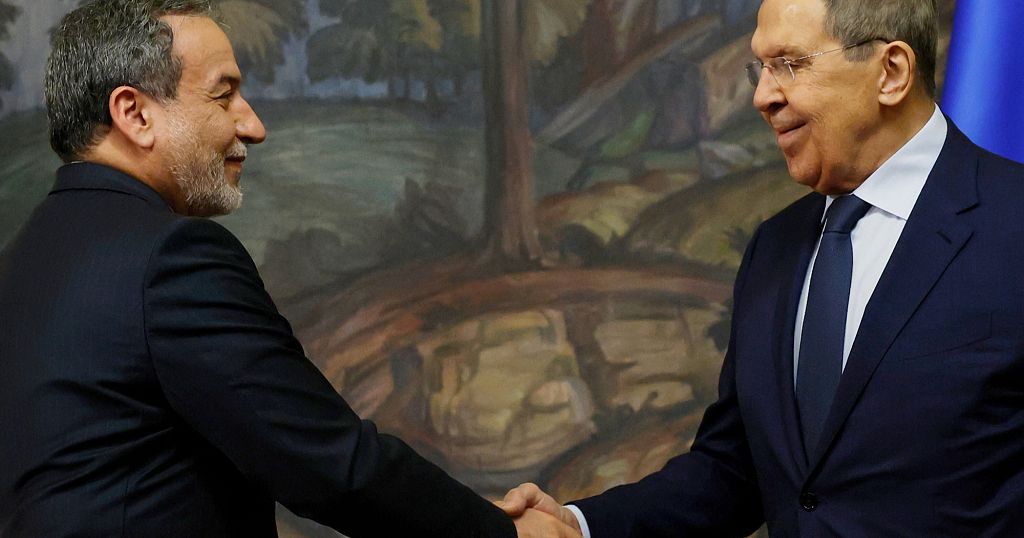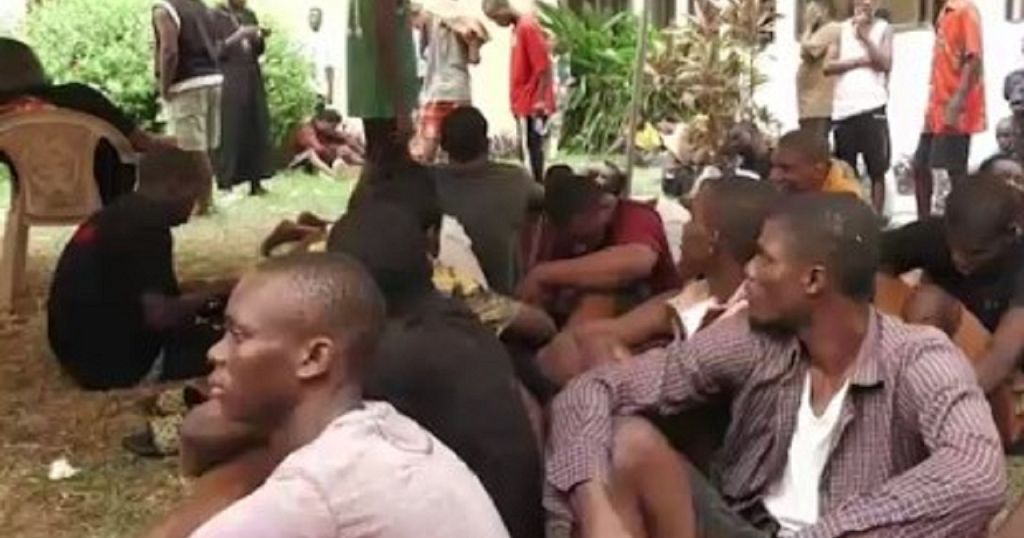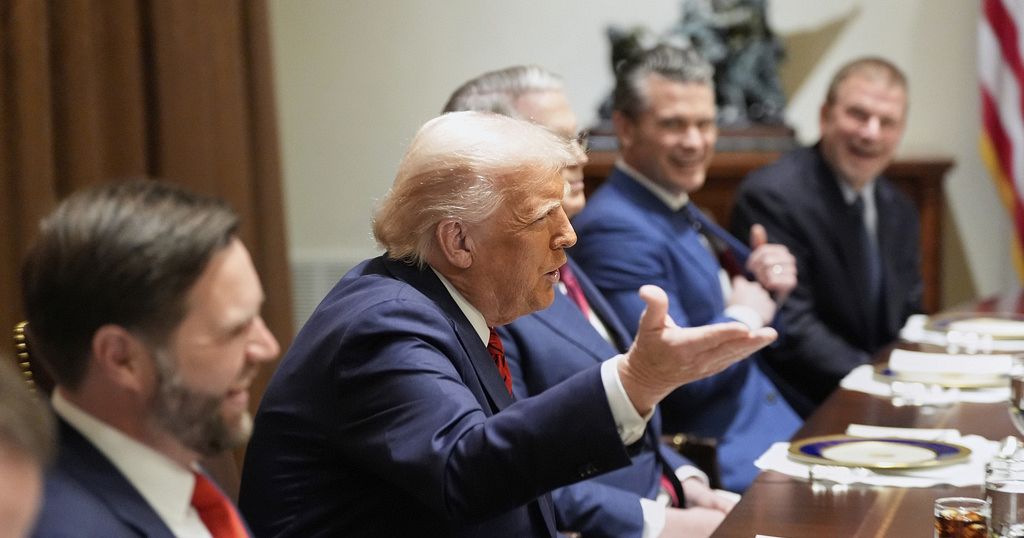Africa
European Union announces new asylum measures

Migrants from Bangladesh, Colombia, Morocco and Tunisia are unlikely to be granted asylum in Europe and should have their applications fast-tracked so they can be sent home more quickly, the European Union’s executive branch said on Wednesday.
The European Commission said that seven countries – also including Egypt, India and Kosovo – should be designated “safe third countries.” Applications by their citizens for international protection would be wrapped up in 3 months rather than the usual 6.
“We streamline and we speed up the processing of asylum applications, but we do not cut back on fundamental and human rights,” said European Commission spokesperson Markus Lammert.
“What it does is it allows for faster procedures for those whose asylum applications are likely to be unfounded,” he added.
In total, more than 200,000 people from these countries applied for asylum last year.
A year ago, E.U. nations endorsed sweeping reforms to the bloc’s failed asylum system. The rules were meant to resolve the issues that have divided the 27 countries since well over 1 million migrants swept into Europe in 2015, most fleeing war in Syria and Iraq.
But the new rules are not set to enter force until at least June 2026, and the commission is desperate to speed up procedures, including by deporting people more quickly, to ease pressure on migrant reception facilities.
“This E.U. list brings harmonization across member states,” said Lammert. “And this will ultimately help reduce secondary movements and also asylum shopping.”
The plan must be endorsed by E.U. member countries and the European Parliament before it can enter force.
Under it, asylum applications by people coming from countries that are candidates to join the E.U. – Albania, Bosnia, Georgia, Moldova, Montenegro, North Macedonia, Serbia and Turkey – would also be fast-tracked.
On top of that, E.U. members could speed up proceedings for people coming from countries where 20% or less of applicants are granted international protection in Europe. The so-called recognition rate for the seven “safe third countries” is 5% or less.
Africa
Iran seeks Russia’s support for its nuclear talks with US

Iran on Friday sought support from Russia over a possible deal with Washington over Tehran’s rapidly advancing nuclear program, ahead of a second round of talks this weekend in Rome.
Iran’s Foreign Minister Abbas Araghchi said he briefed his Russian counterpart, Sergey Lavrov, on the first round of talks in Oman last week and praised Russia’s role in Iran’s 2015 nuclear deal with world powers that led to lifting of sanctions in return for Tehran’s cap on its nuclear activities.
“We are hopeful, and we expect Russia to continue its supportive role in any new agreement,” Araghchi said in a joint news conference with Lavrov in Moscow.
The 2015 nuclear deal collapsed with Trump’s unilateral withdrawal while Iran abandoned all limits on its nuclear program, and enriches uranium to up to 60% purity — near weapons-grade levels of 90%.
Lavrov said Russia was ready to mediate and assist in the nuclear talks.
“We are ready to help, mediate and play any role that, from Iran’s point of view, will be useful and that will be acceptable to the United States,” Lavrov said. “We proceed from the fact that the only option for an agreement, as the (Iranian) minister just said, is an agreement exclusively on nuclear issues.”
Lavrov said Araghchi met with Russian President Vladimir Putin on Thursday in talks that “emphasized the unprecedented dynamics of (the) political dialogue” between Moscow and Tehran. He did not give details, beyond saying Putin was “very pleased” with the talks.
Araghchi said he gave Putin a message from Supreme Leader Ayatollah Ali Khamenei, who has a final say on all state matters in Iran. He did not elaborate.
In Paris, U.S. Secretary of State Marco Rubio expressed hope that talks with Iran are ″fruitful, and that they’re that they can lead to something. We would all prefer a peaceful resolution and a lasting one.″
Rubio met with British, French and German officials in Paris and pressed them to maintain sanctions against Iran instead of allowing them to run out.
″We should all anticipate, based on the public comments yesterday, that they’re about to get a report from the IAEA that says not just is Iran out of compliance, but Iran is dangerously close to a weapon, closer than they’ve ever been,” Rubio said.
He added: “And then they (the Europeans) are going to have to make a decision about whether they want to reimpose these sanctions. And if Iran is out of compliance, they have to reimpose the sanctions.″
Africa
219 rescued from human trafficking and cybercrime ring in Ghana

In a sweeping operation led by the Economic and Organised Crime Office (EOCO), 219 people—primarily foreign nationals—have been rescued from a suspected human trafficking and cybercrime ring operating in Oyarifa, a suburb of Accra.
The victims, mostly young individuals from across West Africa, were lured into Ghana with false promises of well-paying jobs and a better life. Instead, they were held against their will under harsh and exploitative conditions.
At a press briefing, EOCO’s Acting Executive Director, Abdul Bashiru, revealed that many of the victims had been confined for extended periods, with some enduring over a year in captivity. “A Nigerian victim disclosed that he was fed only once a day and had no freedom to leave the premises,” Bashiru said.
Authorities uncovered a trove of evidence at the scene, including laptops, internet routers, and other tools believed to have been used in online fraud schemes. Victims were housed in crowded, unsanitary conditions, forced to work long hours under surveillance.
EOCO, in partnership with the Criminal Investigations Department (CID), the Nigerian High Commission, and international stakeholders, has begun a detailed screening process to separate victims from suspects, and to identify minors among those rescued.
During the ongoing operation at Kunzak Estates in Oyarifa, journalists captured visuals of suspects being lined up, screened, and resting on EOCO’s premises while investigations continued. Officials say they expect the screening process to be completed within 24 hours.
Abdul Bashiru emphasized EOCO’s commitment to dismantling the entire trafficking network: “We’ve mapped out strategies for stronger collaboration between EOCO and the CID to intensify efforts against transnational organized crime.”
Repatriation plans for many of the victims—particularly Nigerian nationals—are already in motion. EOCO also confirmed that similar operations are being rolled out in other parts of the country, targeting what it calls a “well-coordinated trafficking network.”
This latest operation highlights Ghana’s growing role as a transit and destination point in the fight against cross-border human trafficking and cybercrime.
Africa
Trump administration plans to shut down nearly 30 U.S. embassies — over half in Africa

The Trump administration is considering a significant reduction in the United States’ diplomatic presence worldwide, with a proposal to close nearly 30 embassies and consulates, over half of which are located in Africa.
This initiative is part of a broader plan to cut the State Department’s budget by nearly 50%, aiming to reduce foreign aid by approximately 75%.
According to an internal State Department document, the proposed closures include embassies in Lesotho, Eritrea, the Central African Republic, the Republic of Congo, The Gambia, and South Sudan. Additionally, consulates in Durban, South Africa, and Douala, Cameroon, are slated for closure, with their responsibilities potentially being transferred to neighboring countries.
Critics of the proposal express concern that reducing the U.S. diplomatic footprint in Africa could diminish American influence on the continent, especially as other global powers, such as China, continue to expand their presence. They argue that such closures could hinder diplomatic relations, economic partnerships, and the promotion of democratic values.
The administration’s plan also includes the potential closure of embassies in European countries like Malta and Luxembourg, as well as consulates in various cities across Europe and Asia . These proposed changes are part of a larger effort to streamline government operations and reduce federal spending.
-

 Conflict Zones2 days ago
Conflict Zones2 days agoHaiti in ‘free fall’ as violence escalates, rights group warns | Armed Groups News
-

 Lifestyle2 days ago
Lifestyle2 days agoBelievers say microdosing psychedelics helps them. Scientists are trying to measure the claims
-

 Sports2 days ago
Sports2 days agoJu Wenjun: Chinese grandmaster makes history by winning fifth Women’s World Chess Championship
-

 Lifestyle2 days ago
Lifestyle2 days agoPicking a team from bars to beam and hoping for 10s: Fantasy leagues in gymnastics are a thing
-

 Sports2 days ago
Sports2 days agoArsenal reaches first Champions League semifinal in 16 years, with Inter Milan also advancing
-

 Lifestyle2 days ago
Lifestyle2 days agoMental health leaves are increasingly common for US workers
-

 Sports2 days ago
Sports2 days agoAaron Boupendza: 28-year-old former MLS player dies after falling from 11th floor balcony in China
-

 Education1 day ago
Education1 day agoTrump admin threatens to stop Harvard from enrolling foreign students




